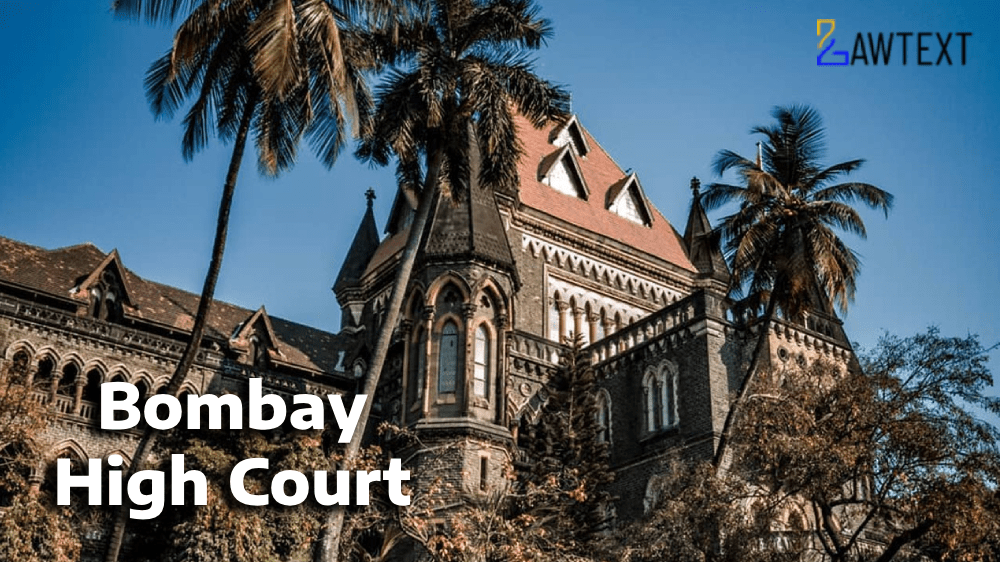CASE NOTE & SUMMARY
The Bombay High Court dismissed a writ petition challenging the rejection of a nomination to contest the Maharashtra Legislative Assembly elections. The petitioner alleged procedural irregularities by the Returning Officer. The Court upheld the principle that electoral processes are largely immune to judicial interference under Article 329, except in rare circumstances where administrative actions substantially vitiate the process.
The Court found no merit in the petition as the petitioner failed to meet mandatory procedural requirements, including obtaining the proposer’s signature and completing the oath within the stipulated timeline.
1. Background of the Petition:
The petitioner, Aashish Kishor Gadkari, challenged the rejection of his nomination for the 173-Chembur Constituency in the Maharashtra Legislative Assembly elections. The nomination was rejected due to procedural deficiencies, including the absence of the proposer’s signature and non-completion of the oath.
2. Petitioner's Allegations:
The petitioner claimed:
- The Returning Officer did not allow rectification of procedural defects.
- The rejection was arbitrary and violated electoral fairness.
- A liberal approach should have been taken to rectify defects.
3. Respondents' Objections:
The Election Commission and State representatives argued:
- Judicial interference is barred under Article 329 until the electoral process concludes.
- Cited precedents like N.P. Ponnuswami v. Returning Officer and Mohinder Singh Gill v. Chief Election Commissioner to assert that disputes must be addressed via an election petition post-election.
4. Legal Context and Precedents:
The Court reviewed:
- Article 329's bar on judicial interference during elections.
- Precedents emphasizing limited writ jurisdiction during electoral processes unless procedural fairness is compromised (e.g., Fouziya Imtiaz Shaikh).
5. Court’s Analysis:
- The Court emphasized strict adherence to electoral timelines and procedures.
- Found that the petitioner failed to comply with essential nomination requirements, including proposer signature and oath deadlines.
- Held that intervention would disrupt the ongoing electoral process.
6. Decision:
The writ petition was dismissed as:
- The petitioner failed to meet procedural prerequisites.
- Judicial interference at this stage would violate the principle of electoral non-interference under Article 329.
Relevant Acts and Sections:
- Constitution of India:
- Article 226: Writ jurisdiction of High Courts.
- Article 329(b): Bar on interference in electoral matters before election conclusion.
- Representation of People Act, 1951: Governs procedural requirements for nominations.
Ratio Decidendi:
- Strict adherence to nomination procedures is essential to maintain electoral integrity.
- Judicial interference in electoral processes is limited to instances where administrative actions significantly hinder the process.
- Procedural lapses by candidates, if unrectified within stipulated timelines, cannot be excused.
Subjects:
Electoral Law, Judicial Review, Election Procedure.
Election Nomination, Article 329, Electoral Integrity, Judicial Non-Interference, Procedural Compliance.
Citation: 2024 LawText (BOM) (11) 60
Case Number: WRIT PETITION (L.) NO. 33675 OF 2024
Date of Decision: 2024-11-06
Case Title: Aashish Kishor Gadkari Versus The Election Commission of India & Anr.
Before Judge: ARIF S. DOCTOR & SOMASEKHAR SUNDARESAN, JJ.
Advocate(s): Mr. Arshad Shaikh, Senior Advocate a/w. Mr. Prashant Trivedi i/b Ms. Khushboo Jain, for Petitioner. Mr. Akshay Shinde, for Respondents. Mr. Himanshu Takke, AGP, for State.
Appellant: Aashish Kishor Gadkari
Respondent: The Election Commission of India & Anr.

